Postmodernism is one of those stuffy words you see thrown around the Internet. It’s slapped on architecture, education, movies, and even anime. But what really is postmodernism? How can an anime be postmodern?
Despite it’s name, postmodernism has nothing to do with being modern. I rather dislike the word modern because every age thinks itself modern in respect to a previous age. Modern most often equals current or advancing. Postmodernism deals with viewpoints more than time periods. Postmodernism critiques Enlightenment ideas (the rule of law, the principles of reason, economics, equality, and other ideas). Postmodernism concerns itself with finding truthfulness rather than Truth. That is, a universal unchanging truth. Unchanging truth seeks to see if a commonly held truth is really true instead of being simply useful for right now. Whereas postmodernism asserts some truths are better than others for achieving certain goals (such as the rule of law for creating a stable society), but outside those goals the truths may not be useful (such as using Newtonian mechanics to get a child to eat peas). Postmodernism doesn’t concern itself with a single Truth (Jackson, 2007). Don’t confuse postmodernism with relativism. Relativism is the idea that all interpretations of truth are equally valuable and good. Postmodernism doesn’t hesitate to call out some ideas as wrong.
Postmodernism is characterized by its focus on deconstruction. It seeks to take ideas and views apart to see what makes them up, why they are held, and whether or not they are valuable. For example, postmodernism focuses a lot on the line between culture and society. It sees the two as one and the same rather than two separate things as old views state. Cultural signs and media shape our sense of reality. Media is a lens, not a mirror as Enlightenment ideas assert (Strinati, 1993). In turn, media is shaped by our view of reality. It creates a feedback loop. Ideas and labels distort our view of reality to the point where we become unaware of the distortion. Postmodernism attempts to call attention to how this happens and why.
Postmodernism focuses on what are called meta-narratives. These are the big ideas societies and people tell themselves as true. They end in -ism. Marxism, Capitalism, Stoicism, and Nationalism are a few. And yes, postmodernism itself is a meta-narrative.
So what does all of this have to do with our anime hobby? Well, as a product of (and influence upon) culture, anime and anime fandom is subject to postmodernism’s gaze. Without realizing it, most anime bloggers engage in postmodern analysis. We write about the meaning and influences anime has. We take apart anime messages. Doing so takes apart societal and cultural messages such as how men and women should relate to one another. Anime that deconstructs a genre and looks at it–its themes, stereotypes, design, artwork, plots, dialogue–can be considered postmodern. Several spring to my mind: Neon Genesis Evangelion, Kill la Kill, and Ouran High School Host Club.
Evangelion tears apart the mecha genre to examine its long running themes, tropes, and conventions. It takes these atomized sections and puts them together in a way that changed the genre. It shifted the narrative. Kill la Kill satirizes fan-service and the fashion industry. Ouran High School Host Club tears apart the tropes of shojo stories and satirizes them. It breaks them down to their bare elements and pokes fun at how they are seen as attractive. All three call attention to the labels both genres use. Ouran High School Host Club uses every visual language word available in shojo to reveal the unnaturalness of the genre. But it also points out how it is okay to have fun with fantasy (which is another deconstruction of our preoccupation with hyper-realism). Kill la Kill has its own unique visual style that eschews modern, glossy animation.
Any anime that tears apart a closely held idea or points out how the idea is a product of culture can be considered postmodern. Shin Chan reveals how product advertising targets and shifts children’s perspectives. “Action Bastard” takes innuendo and shows how children eat media messages without fully understanding what those messages are saying. It points out how parents are not concerned about these messages either.
Postmodernism isn’t modern. Tearing apart ideas in an effort to see how truthful they are isn’t isolated to current society. Every society practiced this through arts and satire. Ideas hit points where people take them for granted and mistake them for reality. Whenever this happens, a meta-narrative appears to remind people not to confuse idea for reality. Stoicism, Marxism, Capitalism, and other meta-narratives began as a form of postmodernism. They were a reaction to previously held ideas. They deconstructed the ideas they disagreed with and built a counter idea from the bricks. The only difference is how postmodernism focuses on the demolishing process instead of building a new house afterward. The ideas postmodernism present are valuable. They help us see how anime genres can be presented differently. Postmodern anime change the genre they deconstruct just as Evangelion changed mecha. Postmodern bloggers look to tear about themes and stories in order to understand them. However, postmodernism can’t become a system like capitalism or Stoicism. It is a toolbox.
Postmodernism seeks truthfulness rather than a single Truth. Postmodern anime seek the truthfulness of their genre rather than becoming the defining symbol of their genre. Ironically, they often become the defining symbol of their genre in the process.
References
Jackson, L. (2007). Nietzsche and the Paradox of Postmodern Education. Philosophical Studies In Education, 3851-59.
Strinati, D. (1993). The Big Nothing? Contemporary Culture and the Emergence of Postmodernism. Innovation In Social Sciences Research, 6(3), 359-374.
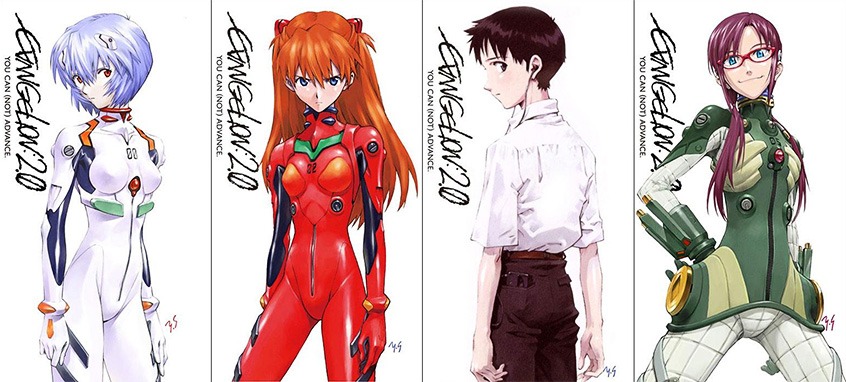
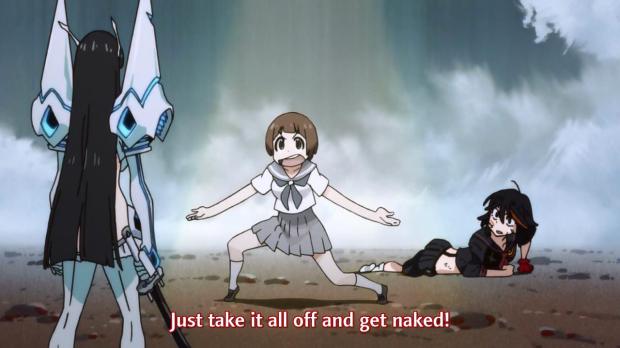
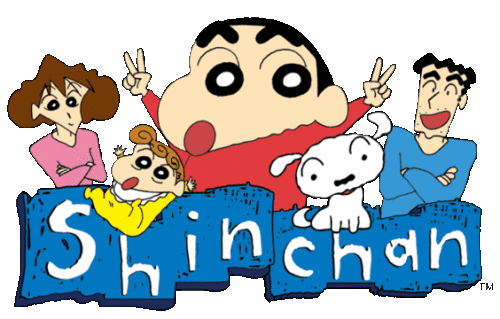


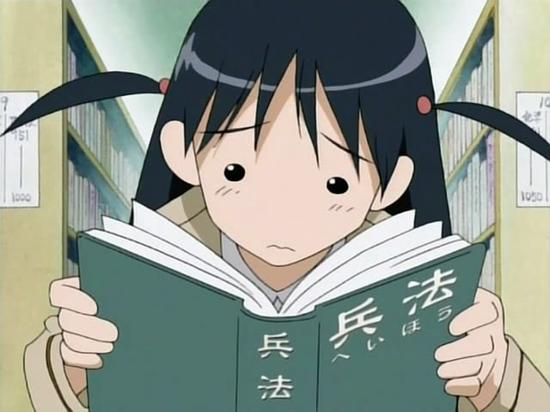

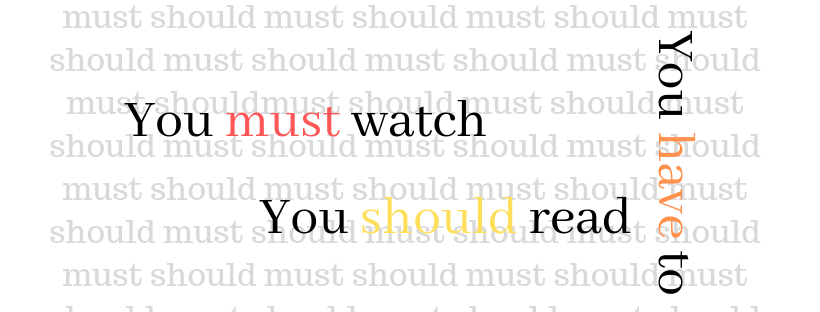
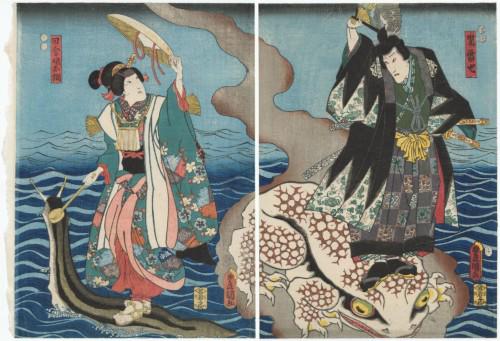
Chris, have you continued to do research on postmodernism over the past 5 years? The philosopher Steven Hicks has some fantastic lectures from 2018 I think. Would love to know where you’re at on its origins and ramifications in today’s culture. Heck, The Death of the Author pretty much influences all contemporary story. There’s a case to be made that its theory influenced the sort of Critical approach to anime that you wrote about- heck, the Critical approach to everything. And I do mean capital C…
I haven’t looked too much into postmodernism recently. Honestly, I dislike how it has been used on everything. Postmodernism has a place in a thinker’s toolbox, but it can’t be used on everything. Postmodernism doesn’t build anything; it only deconstructs. It’s reductionism, while useful if used well, is often misused, ultimately ending in nihilism. Postmodernism has blind spots that are often ignored; I’m convinced there is a singular Truth, which Physics nibbles at, from which everything comes from. As a Christian, I’m convinced this is God, but when I set this conviction aside and look at the evidence, I still see a Source, or to borrow from Taoism, the Way that postmodernism denies to its detriment.
Wow, really interesting reading your words about postmodernism, when I was 14 and I watched Evangelion for the first time, I searched for the meanings in the anime and then I found postmodern philosophy, I moved away from the postmodern philosophy 2 years later, but I still very much like postmodern works (anime, of course, included), I think is the impact that EVA left in me, it’s very cool to show to people the movement that inspired so many great animes, keep up the good work! 😀
Postmodernism has impacted science, literature, and all other aspects of culture. Ironically, it is hard to define. That is why I liken it to a toolbox full of wrenches, screwdrivers, and ratchets used to take apart ideas. EVA certainly took apart the mecha genre.